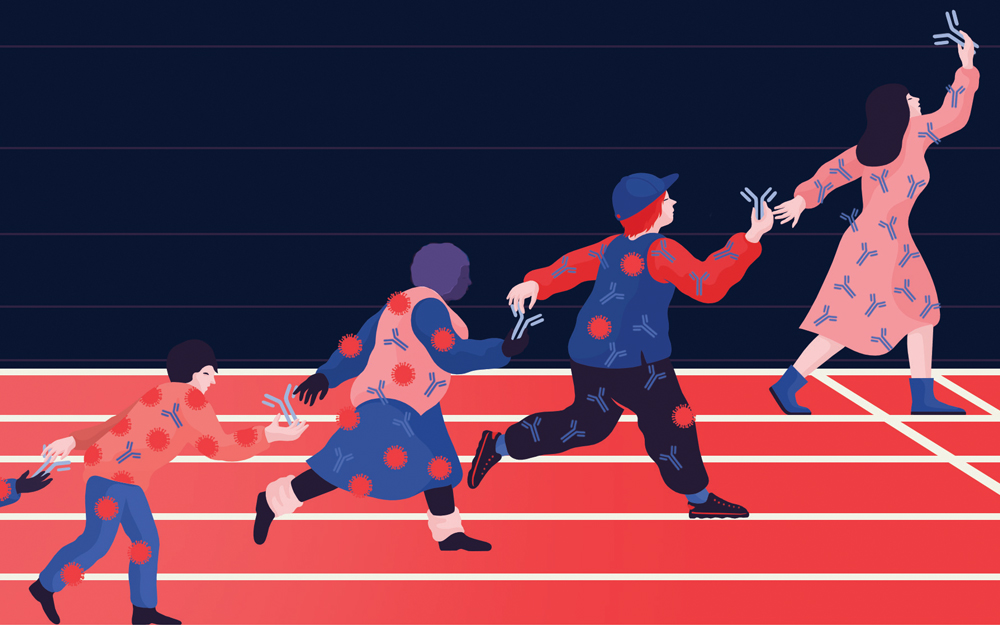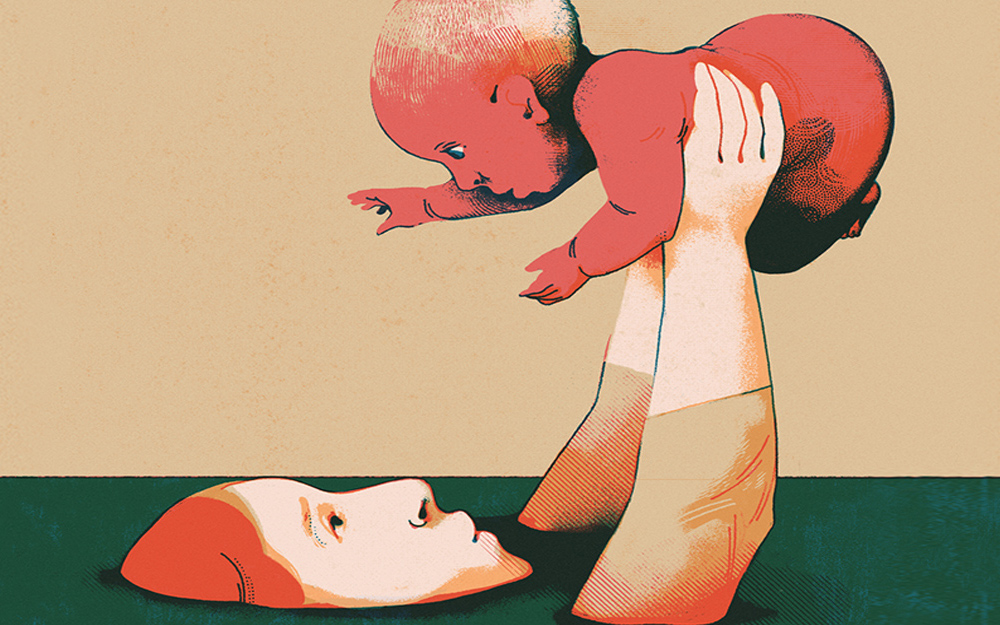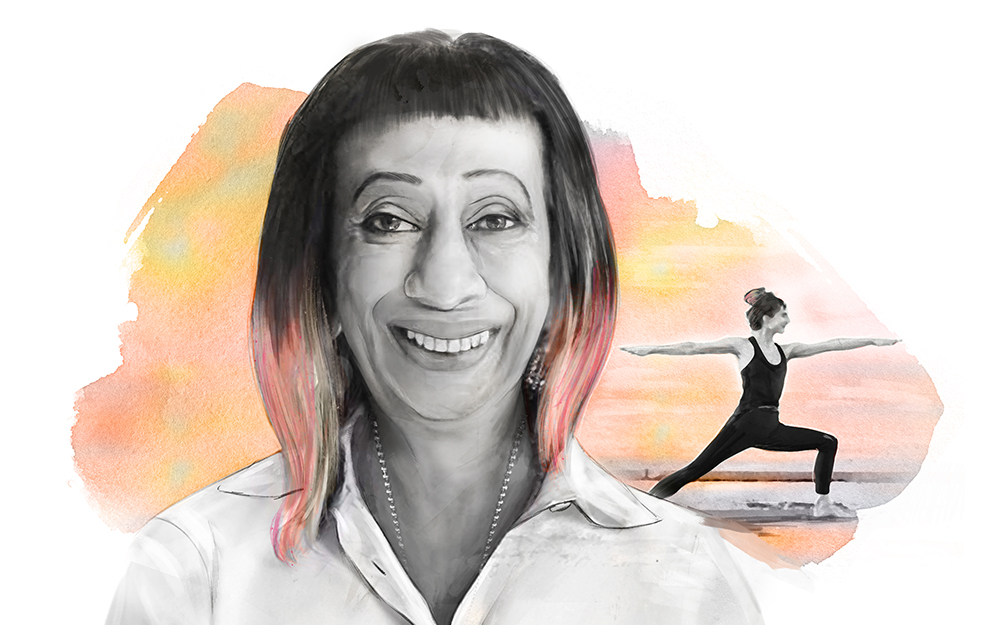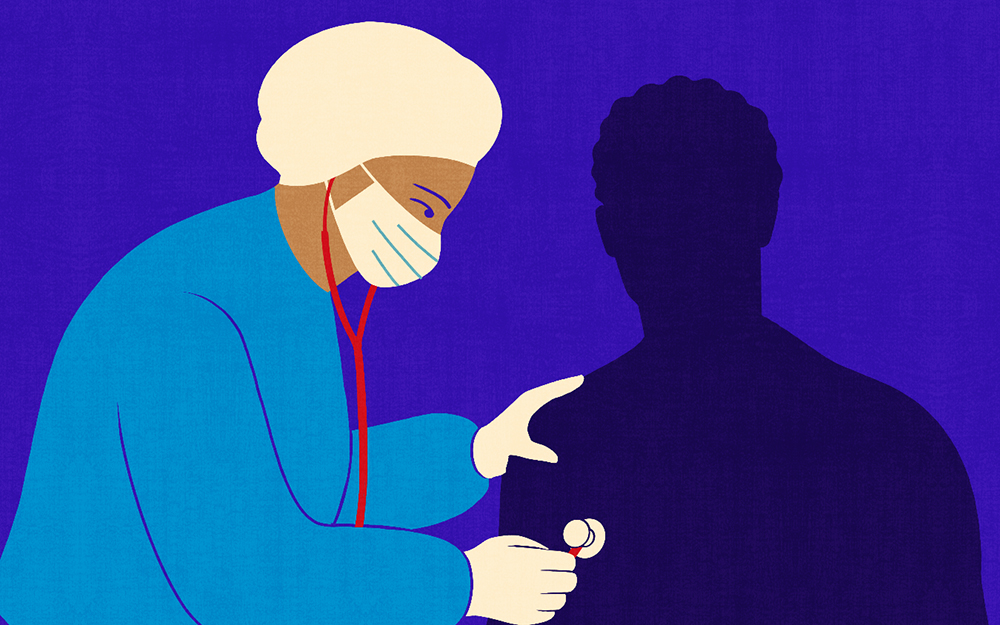Authentic Analysis
Date
October 27, 2020
Credits
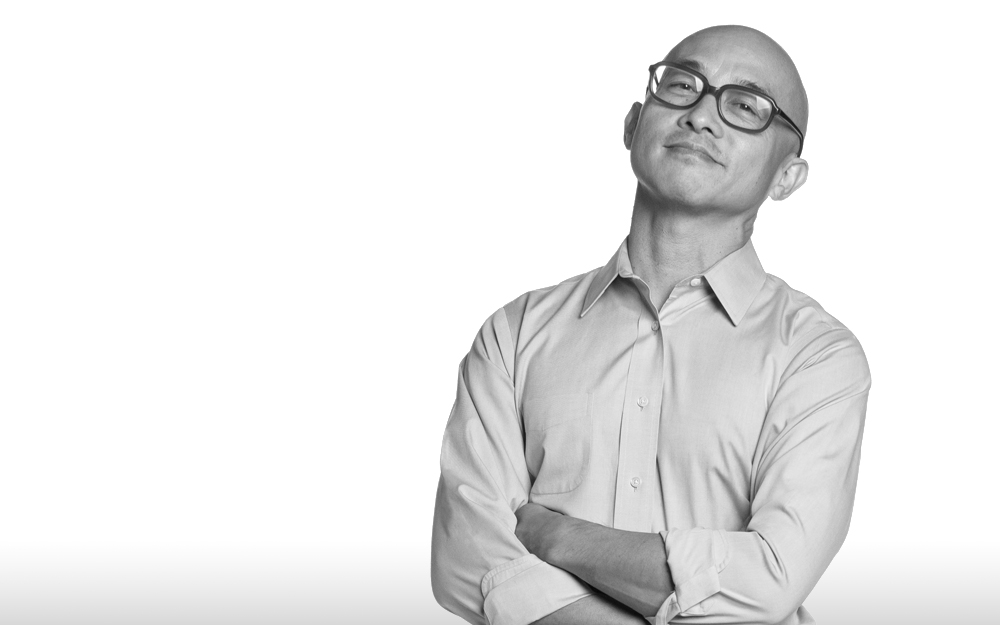
Date
October 27, 2020
Credits
Medical providers featured in this article
In Brief
{{cta-block}}
A health equity expert uncovers new ways to listen to patients
How can Cedars-Sinai understand patients more deeply in order to treat them more effectively? Do patients experience the hospital differently based on their backgrounds and where they live?
Such questions inspired Harlem Lee to design an inventive study that propelled him to a new career helping Cedars-Sinai focus on patient feedback.
Lee is a project manager in the newly established Office of Health Equity, which aims to uncover and avoid discrepancies in healthcare. He recently graduated from Cedars-Sinai's first cohort of the Health Delivery Science master's program.
He came by his guiding devotion to addressing disparities authentically—though by a bit of a roundabout path.
Lee was born in Detroit in the late 1960s, a time of social unrest including uprisings by African American citizens over civil rights and police brutality.
"My parents emigrated from the Philippines and the next thing they knew, riots were happening all around them," he says. "I grew up immediately aware of racial polarization and strife and struggle."
Lee made his way to California and graduated from UCLA with a liberal arts degree. Nearly 15 years ago, after a West Hollywood job fair, he landed a temp job as a management assistant in Cedars-Sinai's Nursing Department.
The role became permanent, and Lee took on a project that would shift his perspectives and ambitions. As part of a push to more quickly admit patients in the Ruth and Harry Roman Emergency Department (ED) to a hospital bed, he worked closely with clinical departments to identify delays in care.
"I went to nursing units with a pencil and paper to collect all this information about when patients came in and when they left," Lee says.
Over the course of several years, his work identifying preventable delays helped reduce patients' average transition time from the ED from nearly four hours to just 45 minutes. He ultimately worked with information technologists at Cedars-Sinai to create an automated dashboard that more efficiently tracks patient throughput.
Seeing the impact of his efforts, Lee wanted to take the lead on more data-driven projects to improve patient experiences. But without a clinical background, he assumed this goal was out of reach—until he heard about the Health Delivery Science master's program, which gives trainees experience with new technologies and techniques to improve the way Cedars-Sinai cares for patients.
"It was like the sky opened up," he says. "It was everything I wanted."
Lee tackled the admissions test, brushed the cobwebs off his college transcripts and was accepted to the program as a nontraditional candidate (most other students are physicians or nurses).
A guest lecture by Alan Dubovsky, MBA, chief patient experience officer, on improving the patient experience provided the aha moment for Lee's capstone project.
For two years, under the preceptorship of Dubovsky, Lee analyzed the results of patient-reported satisfaction scores. He wondered: How did patients rate Cedars-Sinai based on their demographics, like age, race, and ZIP code? What did the hospital need to improve, and how?
"Healthcare sits on top of mountains of data and sometimes we struggle to contextualize it," Dubovsky says. "Harlem's work is a fantastic first step for us to explore and understand health equity, disparities and what we do with this information to improve the patient experience."
Lee's research found early correlations that have prompted additional study of patient feedback by demographic. One example: Baby boomers, who make up more than 60% of the hospital's patients, consistently report that they're more satisfied than patients of younger or older generations.
"The results answer some questions but open up more," Lee says. "How can we explore age-based differences that impact how people perceive their care?"
Ultimately, the goal is to interpret feedback without judgment or assumptions.
"It's a whole-human approach to healthcare," Lee says. "Patients are telling us what they need and want through surveys—and we can let the data direct us."
Lee intends to publish his work academically and will continue his research. He remains grateful for the opportunity to make a larger impact with his new job in health equity, which he started, fittingly, on Martin Luther King Jr. Day.
His commitment to building a more just and equitable healthcare system was further inspired by this summer's nationwide protests over racial inequality, as well as research showing that the COVID-19 pandemic kills African Americans disproportionately more than white Americans.
"Now more than ever, this new role carries a lot of promise," he says. "We have a great deal of work to do but I feel really energized about it."
